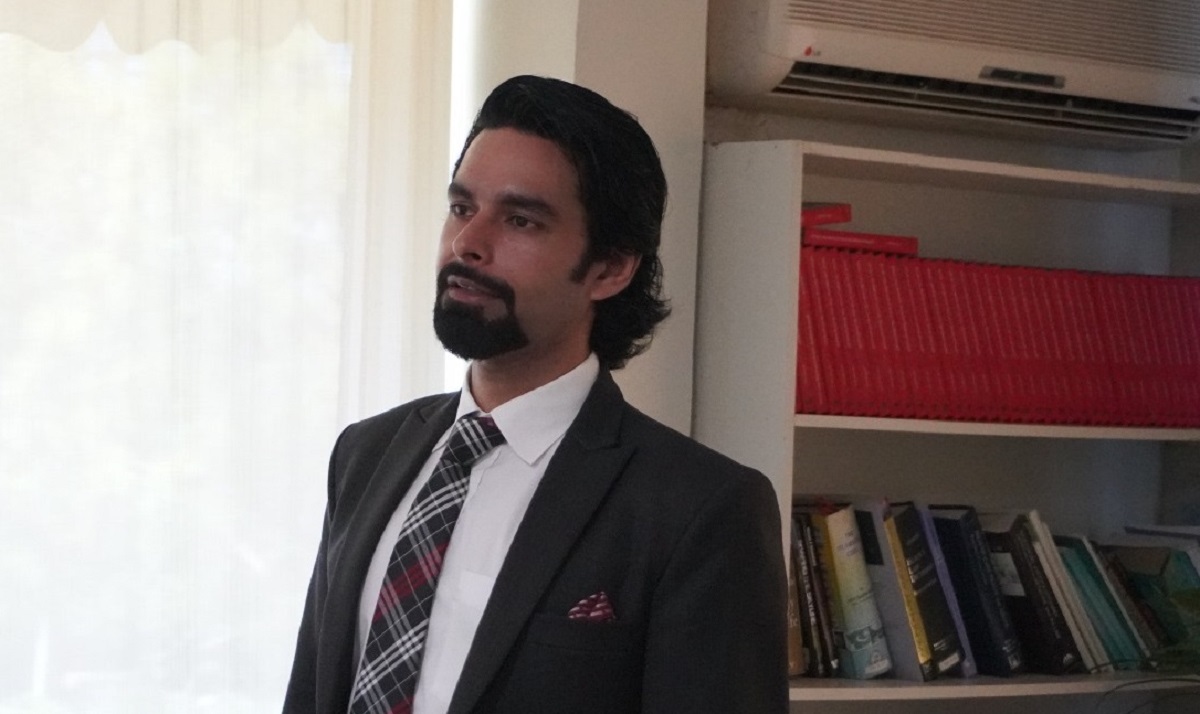The Center for Research and Security Studies (CRSS) hosted an interactive workshop under Global UGRAD’s community development initiative (CDI). Led by UGRAD alumna and CRSS research fellow Elsa Imdad, and facilitated by Mr. Zonaib Tahir, Assistant Professor at the Department of Management Sciences, Quaid-e-Azam University, the workshop aimed to provide Afghan refugee youth and marginalized Pakistani youth with practical insights into community development.
The session delved into the concept of social enterprises, highlighting their potential role in driving sustainable community development. Various aspects of economic growth and social well-being were thoroughly explored, offering participants a comprehensive understanding of how social ventures can benefit communities. Another key theme was the importance of leadership in social innovation, emphasizing the need for strong leaders to translate ideas into impactful community projects.

A participant from the Afghan refugee community noted, “The workshop gave us a clear understanding of how individual actions can contribute to larger community development goals.”
Participants also engaged in a brainstorming session, providing an opportunity for collaboration and idea-sharing related to community development. This activity showcased the diverse perspectives and innovative potential of the attendees.
A development practitioner shared, “The brainstorming session was a practical exercise, allowing us to discuss challenges and think of potential solutions collaboratively.”
The diversity of the participants added depth to the discussions, with both Afghan refugees and Pakistani youth finding common objectives and aspirations. The workshop became a space for sharing, learning, and collaboration.
Another Pakistani participant mentioned, “Despite our varied backgrounds, there was a shared aim: to uplift our communities. The workshop highlighted the value of working together.”
Summing up the spirit of the event, a participant expressed, “With the knowledge gained today and the connections made, we’re better equipped to make a difference in our communities.”

